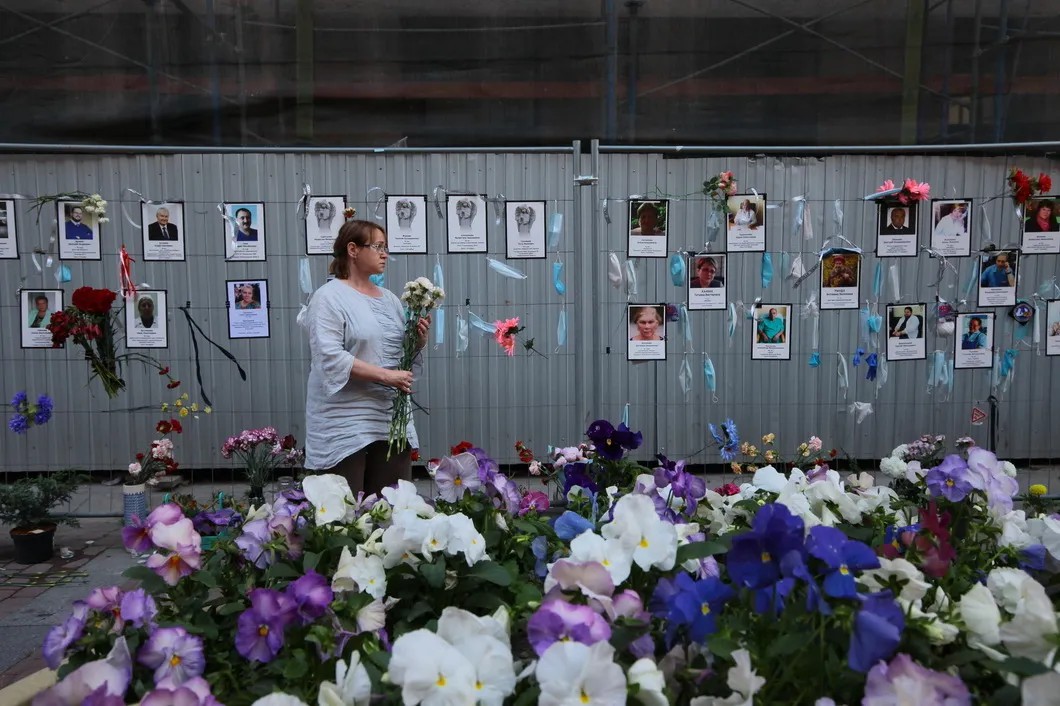
We have a special edition for you
For months the Russian government has been denying they even exist. We decided to devote an episode of Russia, Explained to the untold stories of Russian medical workers who sacrificed their lives fighting Covid-19 in the country. These testimonies will tell you more about one of the world’s coronavirus outbreaks than any official statistics or reports.
Read our full story about Russia’s medical workers here.
HIDDEN TRUTH.Russia is one of the top five countries where the most doctors have died of COVID-19. According to the human rights organization Amnesty International, at least 7,000 medical workers worldwide had died of the coronavirus since the beginning of September, almost one-tenth of those are from Russia. Officials could have prevented this loss of life by implementing policies to protect medical workers. Instead, the Kremlin continued to deny that medical personnel was at risk. Novaya Gazeta has been reporting on the coronavirus crisis for months and documenting the number of doctors who have died. Russian medical workers are also keeping their own crowd-sourced list. But for months the Kremlin continued to deny that any doctors had died of СOVID-19.
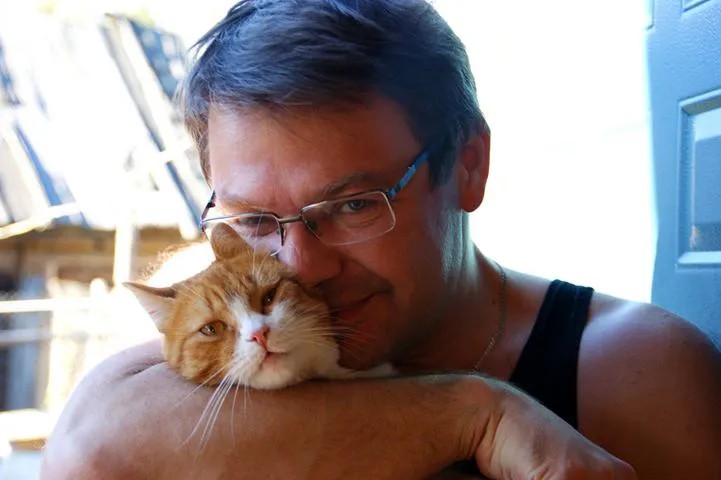
Yuri Mansurov, 54, was a top surgeon in the first regional hospital of Sverdlovsk, Yekaterinburg
Yuri had worked to save lives for 32 years. His colleagues said he was one of Russia’s best surgeons, and people came from outside the country to be operated on by him. He was also an innovator, and over the years, he created four of his own patented techniques used in surgeries.
After the pandemic began, the hospital where he worked was officially ‘covid-free,’ which meant that doctors there didn’t have the type of protections made available at the hospitals known to treat COVID patients. Still, Yuri was meticulous. He even cleaned the inside of his nose before he joined his family after work. His precautions weren’t enough, however.
He died of COVID-19 on June 24.
“There are people who you sometimes envy. They have a purpose in life: clear, comprehensible, obvious. When he was very young, just eight years old, Yuri told his mother that he wanted to be a surgeon. He never questioned it. Not at school, not in medical school, or even after,” his widow Julia describes.
“He was one of a kind surgeon. He could figure out how to do something new and teach himself to do it by hand. Rarely one can find these capabilities in just one person. He treated so many patients who were told in other hospitals that they would die. And not just in small regional hospitals, but in hospitals in Moscow or Saint Petersburg,” she continued.
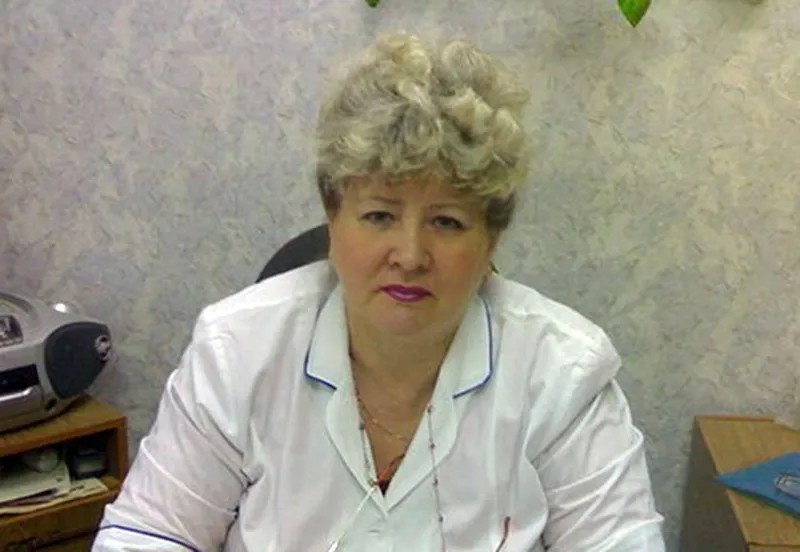
Tatiana Avanesyan, 61, worked in a hospital in Syktyvkar, the capital of the Komi Republic
Tatiana’s death changed the Komi Republic. It laid bare the local bureaucrats’ lies and exposed the virus’s mismanagement.
On the day that Tatiana died from COVID-19, officials did not report a single case. That was despite her death officially registered as COVID-related. Only after she died did the government admit that there were 53 confirmed cases of COVID-19 in the hospital where she worked.
Officials opened an investigation into what turned out to be a massive outbreak of COVID-19 in the hospital, and the governor of the Republic of Komi resigned.
Tatiana died of COVID-19 on March 31.
She was a good mother and grandmother, understanding and caring. She had two sons and four grandchildren, people who knew her said.
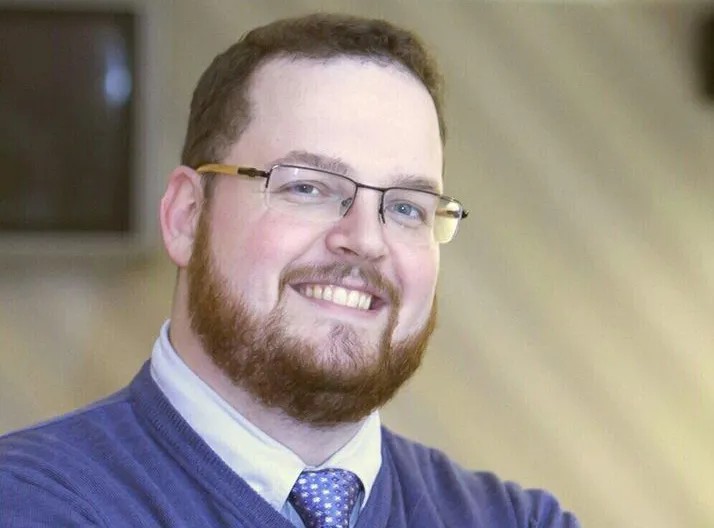
Dmitry Yaravoy, 33, an ophthalmologist in the multidisciplinary hospital of St. Petersburg
Dmitriy’s colleagues affectionately called him Winnie the Pooh, not for his looks or for his passion for honey, but because of the warmth of his personality. Dmitry was open, friendly, calm, and always smiling, happy under any circumstance. He managed to infect everyone with his love of life and his optimism. He also cared deeply about his patients and fought hard to save their vision.
His friends called him Doc, and he had a dog named Phoebe, who was the love of his life.
Dmitry had recently built his own house in the Leningrad region with a fountain full of fish. He and his girlfriend were going to get married this summer. But he contracted COVID-19 in the hospital where he worked.
“It was impossible not to love Dima,” says Natalya Vasilyeva, one of his patients. “He was extraordinary, brilliant, nice, sensible. Even though he was so young, he was talented at carrying out complex operations on the eyes. And he never forgot his patients. He was so interested in their condition.”
“Dima didn’t just know how to work well; he knew how to live. When the pandemic started, somehow, we didn’t take it so seriously. We satisfied ourselves with sanitizer and jokes. Then his hospital was redesigned as a COVID-19 hospital,” his friend Anton Astrakhantsev said. “He kept working there until to make sure that everyone got better, and that’s how he got sick.”
Поддержите
нашу работу!
Нажимая кнопку «Стать соучастником»,
я принимаю условия и подтверждаю свое гражданство РФ
Если у вас есть вопросы, пишите [email protected] или звоните:
+7 (929) 612-03-68
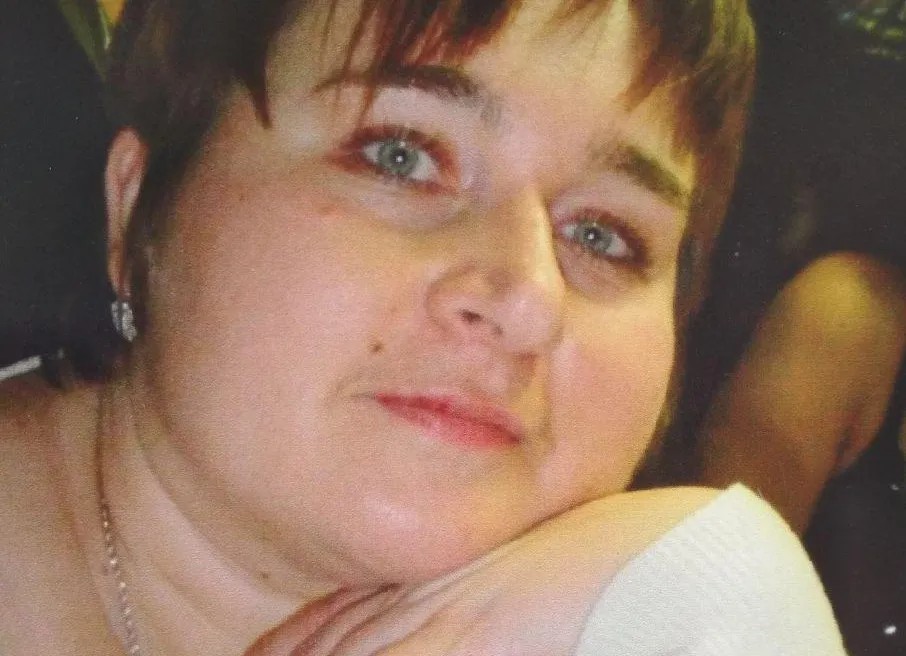
Olga Novikova, 47, a nurse in St. Petersburg
Olga stood out, even among her colleagues, as fanatically dedicated to her work. In 8th grade, she decided that she was going to be a nurse. Her mother tried to change her mind by telling horror stories about blood and guts flowing and amputated limbs. But it didn’t deter Olga. She went to study medicine, and she was happy and dedicated to her job. She lived with her elderly parents and younger sister before she died.
During the pandemic, there was a major COVID-19 outbreak in the hospital where she worked.
She died on May 2.
“She had a strong desire to help people in whatever way possible. No one knew exactly where it came from. Our grandmother was an herbalist, so it’s possible that Olga got her talent from her,” Olga’s mother remembers.
“During the pandemic, around 200 people working in the hospital fell ill with the coronavirus. There was enormous pressure on the remaining workers. Olga was terrified of getting sick, but she never took time off.”
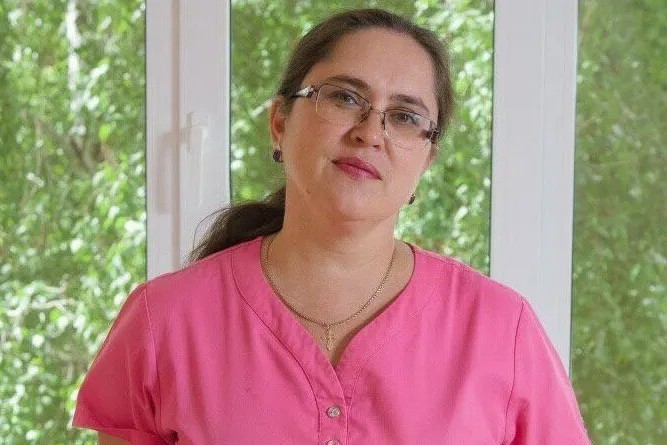
Anna V. Belyakova, 42, a pediatric surgeon in Chelyabinsk
During the pandemic, Anna didn’t work directly with people infected by the virus, but she did work with emergency cases. Usually, hospitals have a department of infectious diseases close to the ward for children’s surgery. That’s because a lot of infections, including COVID, are accompanied by abdominal pain. Patients with diseases have symptoms like they would if they had appendicitis, and are sometimes erroneously brought in for surgery.
That means that surgeons often come into contact with infectious children. Nevertheless, they don’t have the personal protective equipment like the medical professionals in the so-called “red zone,” where people known to have COVID-19 are sent.
Anna contracted COVID-19 while working as a pediatric surgeon. She left behind a husband and a young daughter when she died, but her family can’t receive any compensation because it’s too difficult to prove that she contracted COVID-19 at work and not elsewhere.
“It takes an unusual person to work with children. In general, surgery is pretty difficult, but working with children requires that you are nice and friendly while also doing very serious things. Anna loved the children and adored her work. Working gave her pleasure. She didn’t do it for money,” explains her former director Ivan Alekseevich Abushkin.
“We lost a doctor who was raised in a medical family. We didn’t just lose a specialist; we lost a person who would have lived and lived and worked and worked.”
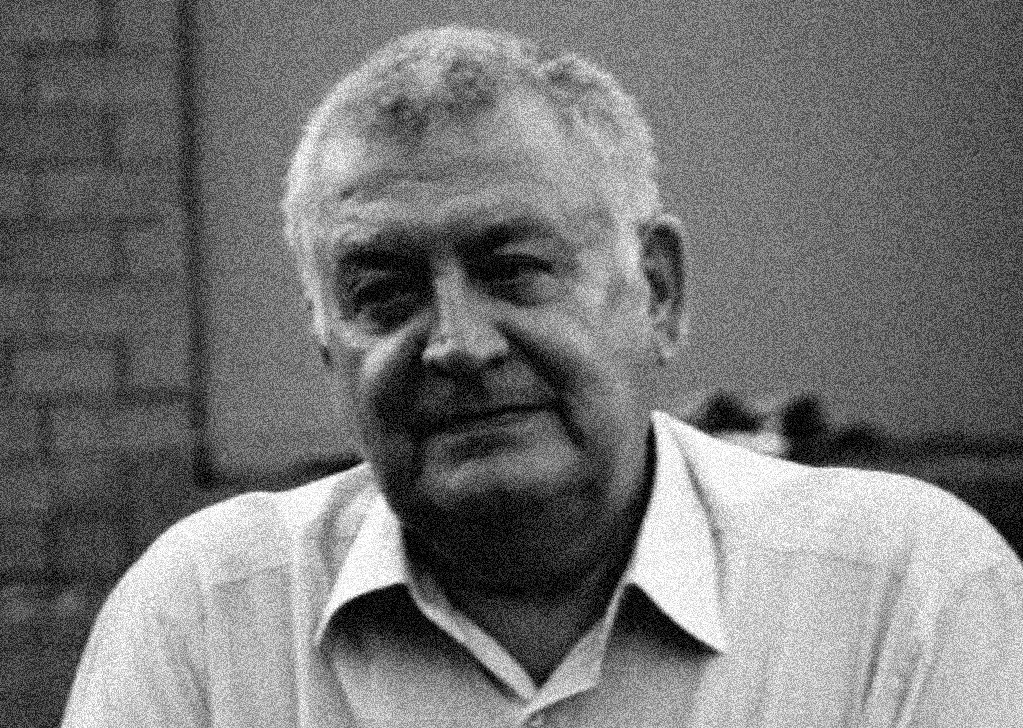
Viktor (Khasan) Kharonov, 68, Head of pediatrics in the regional hospital of Naurskaya, Republic of Chechnya
The head of Naurskaya’s pediatric hospital in Naurskaya had two names: Viktor, his passport name, and Khasan, a nickname that people gave him because he had both German and Chechen roots, his daughter Madina Kharanova explained. He loved being a doctor and had three separate specialties: an anesthesiologist, a physical therapist, and a cosmetologist.
Khasan had a fascinating life that brought him from his native land of Kazakhstan, then a Russian colony, and eventually led him to settle in a Southern Russian region of Chechnya. He was one of the few doctors who remained in the region during the wars in Chechnya in the 1990s, and he even returned once to his native Kazakhstan to respond to an outbreak of bubonic plague.
When the coronavirus pandemic began, he was determined to contribute to combating the disease.
At the time, the Republic of Chechnya ordered everyone who was over the age of 65 to self-isolate, and at first, Viktor was told that he wasn’t allowed to work. But by May, he had returned to the hospital to treat sick children, and he spent three months working tirelessly for them.
“I will fight against this plague, and I will be with COVID,” he said.
He died of COVID-19 on July 31.
“He was interested in everything. All innovations, all epidemics, pandemics,” his daughter remembers. “He was so in love with medicine.”
BACKSTORY. Russia had one of the largest Covid-19 outbreaks in the world, but official statistics did not turn out to be the most reliable indicators of the situation. Meanwhile, the country’s medical system has been stretched thin and doctors haven’t had the resources they need to respond to the growing crisis. Now, on top of everything, the number of confirmed Covid-19 cases has started to rise. Just as during the first wave of the pandemic, Russian officials kept downplaying the severity of the pandemic and refusing to call the spike 'a second wave.' Adding insult to injury, doctors aren’t fairly remunerated for their sacrifice. The average doctor’s salary in Russia is just 80,000 rubles a month, or around $1,200, while other medical professionals can receive as little as 40,000 rubles, around $600.
Thanks for reading!To keep up with Novaya Gazeta’s reporting throughout the week, you can follow us on Facebook, Twitter, Instagram, and Telegram. Our video content is available on Youtube and don’t forget to visit our website for the latest stories in Russian.
— The Novaya Gazeta Team
Поддержите
нашу работу!
Нажимая кнопку «Стать соучастником»,
я принимаю условия и подтверждаю свое гражданство РФ
Если у вас есть вопросы, пишите [email protected] или звоните:
+7 (929) 612-03-68